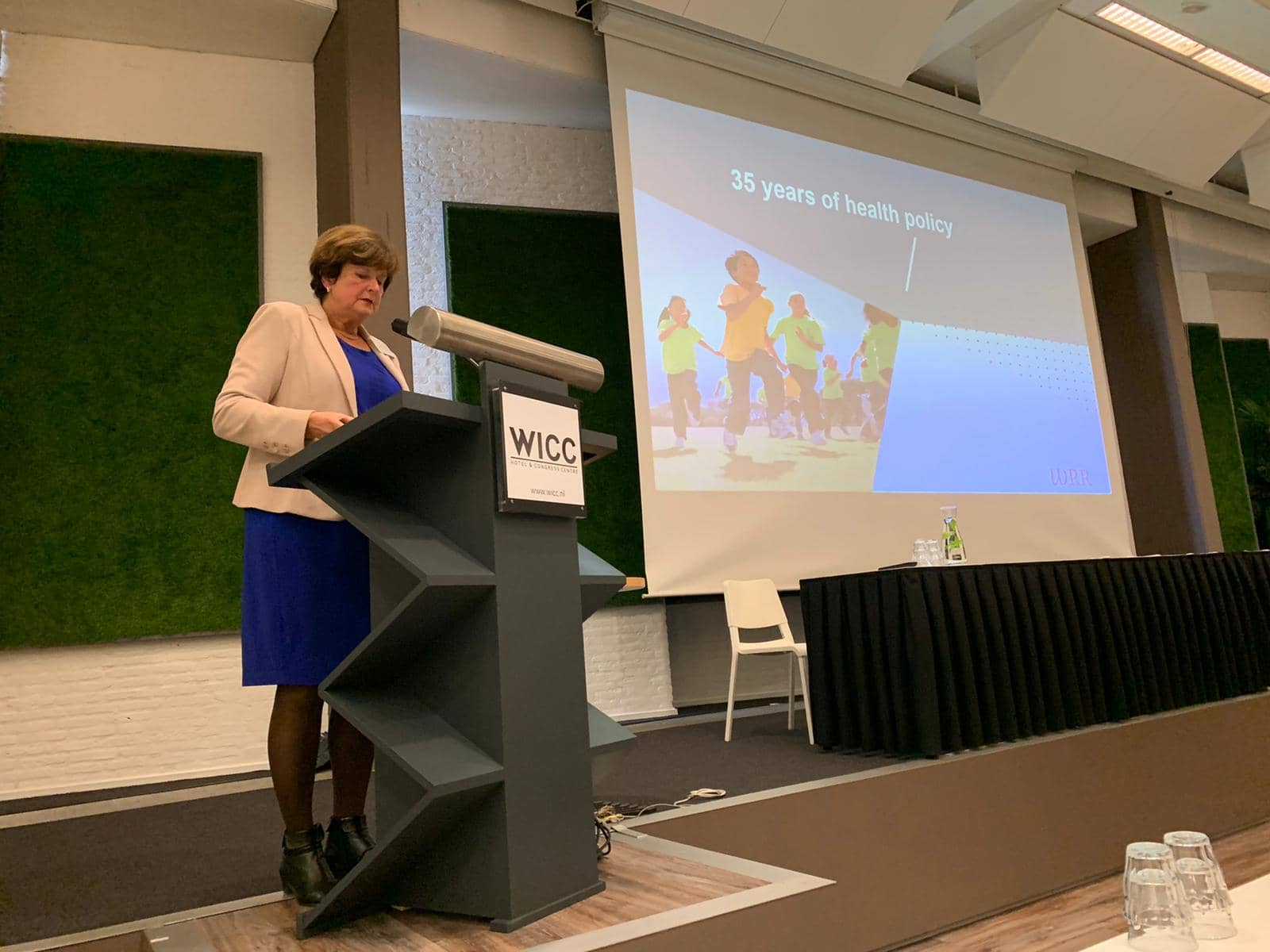The Dutch are in general good health. They are living longer and the number of years spent in good health is increasing. However, not everyone is enjoying this improved health status to the same degree. For many years there has been variation in health status between different groups of the Dutch population. This variation is linked to differences in socio-economic factors such as income and education level. For example, people with a high education level live an average of six years longer than their low educated peers, and the average number of years spent in good perceived health is as much as twenty years more for highly educated people than for low educated persons. Reducing these differences has been a subject of public health policy, both nationally and internationally. The gaps however seem to be quite persistence. Moreover, relative differences have been widening recently. (for more background (in Dutch), see chapter 7 of The Social State of the Netherlands 2015 (De Sociale Staat van Nederland 2015) and Volksgezondheidenzorg.info).
Causes and effects of differences in health status
The project looked both at the causes and effects of differences in health status. What do we know about the extent of these differences and their development? What do we know about the factors that determine health differences? What scope is there to influence those factors? And what does this imply for policy? To what extent could national and/or local health policy reduce the health differences? And what consequences could be drawn, in case health differences might not be reduces any further. Might this require adjustments in other policy domains such as housing, work and income?
